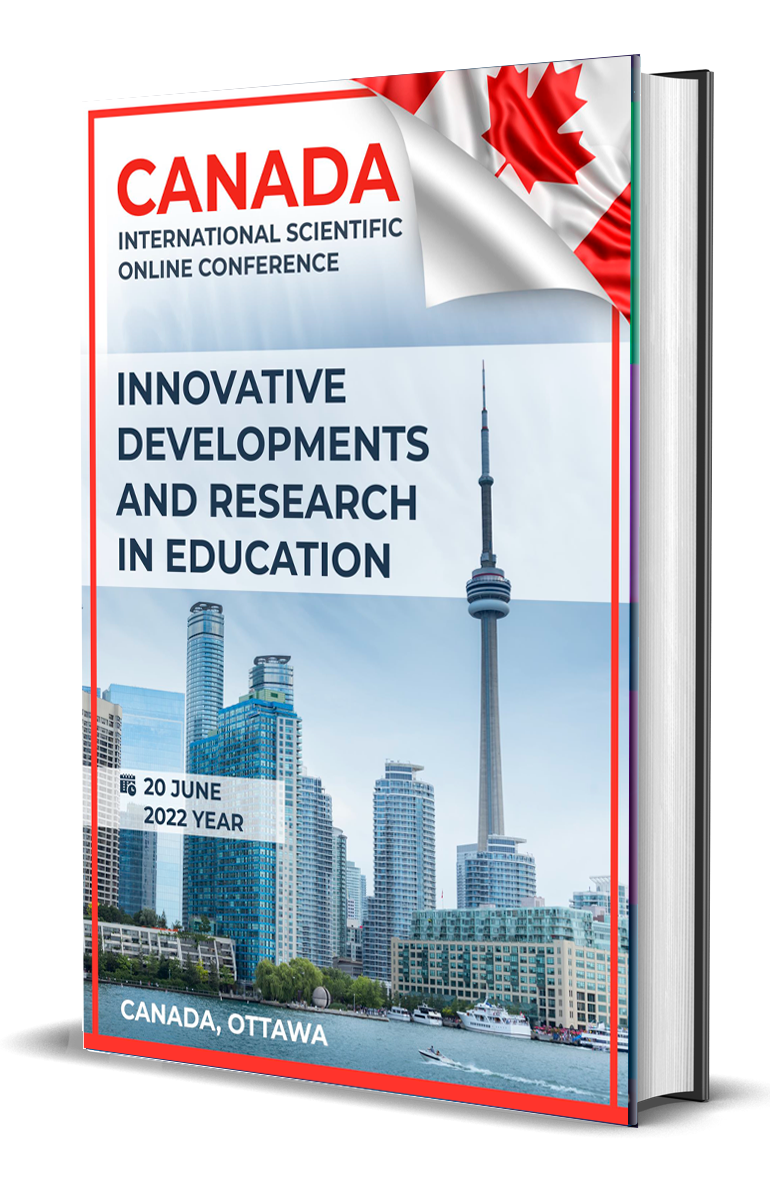EFFECTIVE USE AND ORGANISATION OF WORK USING ARTIFICIAL INTELLIGENCE IN EFL CLASSROOMS
Keywords:
Artificial Intelligence (AI), EFL classroom, integration, student motivation, teaching methodologies, educational technology, professional development, learning outcomesAbstract
This study examines the effective integration and organization of the use of artificial intelligence (AI) tools in English as a Foreign Language (EFL) classrooms at Fergana State University. The study examines the transformative potential of AI in enhancing student motivation and learning outcomes, especially in diverse classroom settings. It highlights the need for instructors to adapt their roles from traditional instructors to facilitators promoting an environment conducive to independent learning. The findings show that while AI technologies such as chatbots and educational games can greatly enrich the learning experience, challenges such as lack of technical skills and over-reliance on technology need to be addressed. Practical recommendations are made to ensure effective AI integration, including ongoing professional development for teachers and equal access to AI resources for all students. The study concludes with suggestions for future research to explore the wider implications of AI in EFL teaching.
Downloads
References
Fitria TN (2021) The Use technology based on artificial intelligence in english teaching and learning. J Engl Lang Teach Foreign Lang Context 6(2). https://doi.org/10.24235/eltecho.v6i2.9299
Mehrotra, D. D. (2019). BASICS OF ARTIFICIAL INTELLIGENCE & MACHINE LEARNING. Notion Press.
Mohammad Ali, A. (2023). An Intervention Study on the Use of Artificial Intelligence in the ESL Classroom: English teacher perspectives on the Effectiveness of ChatGPT for Personalized Language LearningEn (Dissertation). Retrieved from https://urn.kb.se/resolve?urn=urn:nbn:se:mau:diva-61339
Mukhallafi, T. R. A. (2020). Using Artificial Intelligence for Developing English Language Teaching/Learning: An Analytical Study from University Students‟ Perspective. International Journal of English Linguistics, 10(6), 40. https://doi.org/10.5539/ijel.v10n6p40
Shin, M.-H. (2018). How to use artificial intelligence in the English language learning classroom. Indian Journal of Public Health Research & Development, 9(9), 557. https://doi.org/10.5958/0976-5506.2018.01058.6
Wang, R. (2019). Research on Artificial Intelligence Promoting English Learning Change. Proceedings of the 3rd International Conference on Economics and Management, Education, Humanities and Social Sciences (EMEHSS 2019). Proceedings of the 3rd International Conference on Economics and Management, Education, Humanities and Social Sciences (EMEHSS 2019), Suzhou City, China. https://doi.org/10.2991/emehss-19.2019.79
Zilberman, A. (2019, December 31). AI And Learning: The Latest Learning Methodology. eLearning Industry. https://elearningindustry.com/artificial-intelligence-best-toollearning-english





